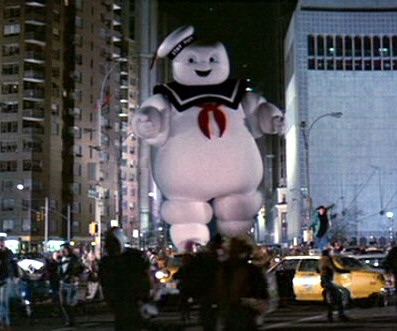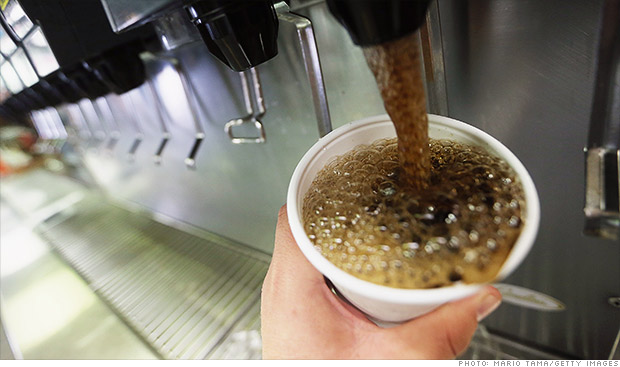
We’ve all heard the saying, ‘you are what you eat’, and now some believe food choices may actually contribute to anger and violent behavior. Jeff Resnick believes it; he even knows what sets him off. “I can get irritable, absolutely, when I’ve had too much of the carbs,” he said.
Nutritionist Nicolette Pace says carbs can make you feel good, but it doesn’t last. “They don’t give your body what you need to cope with day-to-day stresses,” she said. Pace agrees that there is a connection between anger and food. “Deficiencies in nutrients, magnesium or manganese, vitamin C, or some B vitamins may make a person hyperactive towards a stressor, a short fuse so to speak,” she explained.
Pace and other nutritionists say if you eat plenty of fish, eggs, beans, fruits and green leafy vegetables, you should have the nutrients you need. However, people who tend to eat a diet loaded with processed or packaged foods could find themselves more easily irritated.
Dr. Drew Ramsey says it’s all about the brain. “The gears just don’t run as well, so you are going to feel more irritable,” he said. According to Ramsey, without the proper nutrients, the body can’t make chemicals like serotonin which is necessary for clear thinking and good mood.
Experts Say Food May Contribute To Anger, Violent Behavior « CBS Boston








